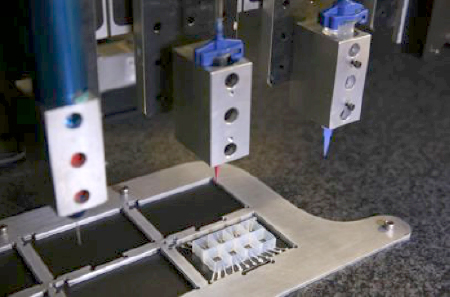Heart-on-a-Chip Detects ‘Heart Beats’

Animals often do not replicate human biology and produce misleading results in toxicological testing. Researchers at Harvard recently developed an advanced, 3-D-printed device to mimic the human heart. Unlike previous devices, this heart-on-a-chip contains embedded sensors capable of detecting the beating of heart muscles, which simplifies and lowers the cost of data collection. The device can also be customized to mimic human heart conditions or hearts from different individuals. The researchers were able to use their device to study drug responses. Their novel bioengineering method paves the way to advance other similar devices to reduce animals for research and improve the safety of new drugs.
References
- Lind JU, Busbee TA, Valentine AD, et al. Instrumented cardiac microphysiological devices via multimaterial three-dimensional printing. Nat Mater. Published online October 24, 2016. doi: 10.1038/nmat4782.








